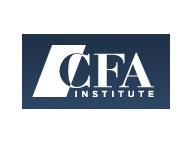Faculty News
—
In an op-ed, Professor Michelle Greenwald highlights HueGroup, a platform that selects colors based on data analytics and that was co-founded by Professor Anat Lechner and alumna Leslie Harrington (MBA ‘02)
—

Excerpt from Forbes -- "HueGroup’s new color platform has the potential to change the way color decisions are made, and there’s really no end to the possibilities of how it can be used. Because it so comprehensively covers all the most important questions about color, it should be a welcome and invaluable resource."
Faculty News
—

Excerpt from Forbes -- "HueGroup’s new color platform has the potential to change the way color decisions are made, and there’s really no end to the possibilities of how it can be used. Because it so comprehensively covers all the most important questions about color, it should be a welcome and invaluable resource."





















